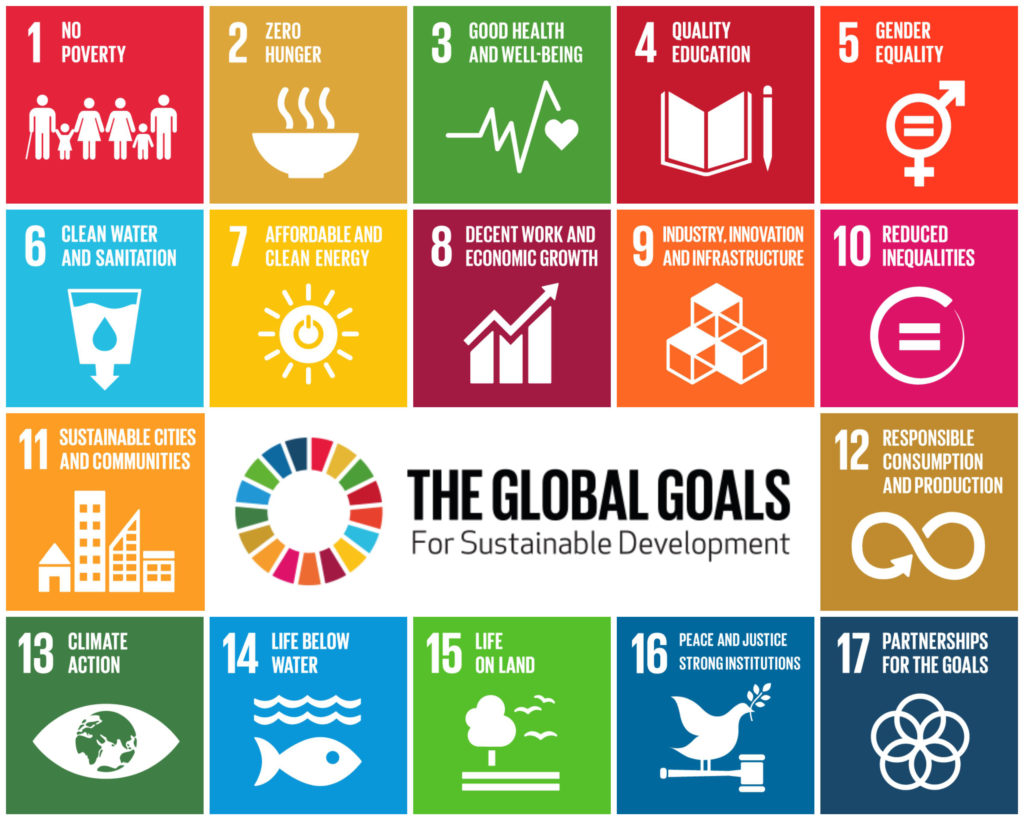An independent UN-appointed rights expert, Ms Tendayi Achiume, has said the 2030 Agenda for Sustainable Development and the Sustainable Development Goals (SDGs) are characterised by a “shallow commitment” to racial justice and equality.

Achiume told the UN Human Rights Council on Tuesday that those development plans had failed to address systematic racism and xenophobia.
Achiume is a Special Rapporteur on contemporary forms of racism, racial discrimination, xenophobia and related intolerance.
“Despite the 2030 Agenda’s promising rhetoric, it largely fails to fulfil its pledge to ‘leave no one behind’ when it comes to the principles of racial equality and non-discrimination.”
Achiume spoke on the limitation of the plans while presenting the conclusions of her report on the 2030 Agenda, SDGs and the fight against racial discrimination.
She acknowledged that while opening the door to important improvements on earlier development initiatives, more commitments are needed to effectively combat racism.
“Racial justice commitments are largely absent from the operationalisation of the SDGs, as seen through the persistent lack of resources,
“Failure to collect disaggregated data and dearth of political willpower still limit progress toward racial justice in virtually all national and international contexts,” the expert said.
The Special Rapporteur attributed the entrenched challenges of promoting racial equality and justice through development initiatives to the “racialised origins” of today’s international development structure.
Citing the deep racial inequalities revealed by the COVID-19 pandemic, she explained how global economic and financial systems continue to be engines of racially discriminatory “underdevelopment”.
According to her, this serious fault has left mainstream international development architecture ill-suited to challenging the status quo.
A vast body of research available has demonstrated that the international economic, development and financial order has perpetuated human rights problems and economic inequality.
“As such, it has served to dismantle social safety nets in the global South and increase the dependency of formerly colonised peoples,’’ she added.
Her report emphasised the urgent need to decolonise global economic, legal and political systems.
The Special Rapporteur further highlighted racial justice uprisings in 2020, which mobilised the global community and significantly shifted the terms of debate at the United Nations and elsewhere.
She noted that racially and ethnically marginalised employees in particular, were voluntarily taking on institutional anti-racism work – providing vital leadership without compensation.
Achiume expressed her unwavering support for those actively challenging systemic racism within international institutions.
“For anti-racism initiatives to be successful, institutional leaders must commit necessary resources and political willpower to transformation.
“This can only be achieved by making institutions more representative of the populations they serve, especially at decision-making levels,” she added.
Special Rapporteurs are appointed by the Geneva-based UN Human Rights Council to examine and report back on a specific human rights theme or a country situation.
The positions are honourary and the experts are not paid for their work.
By Cecilia Ologunagba
